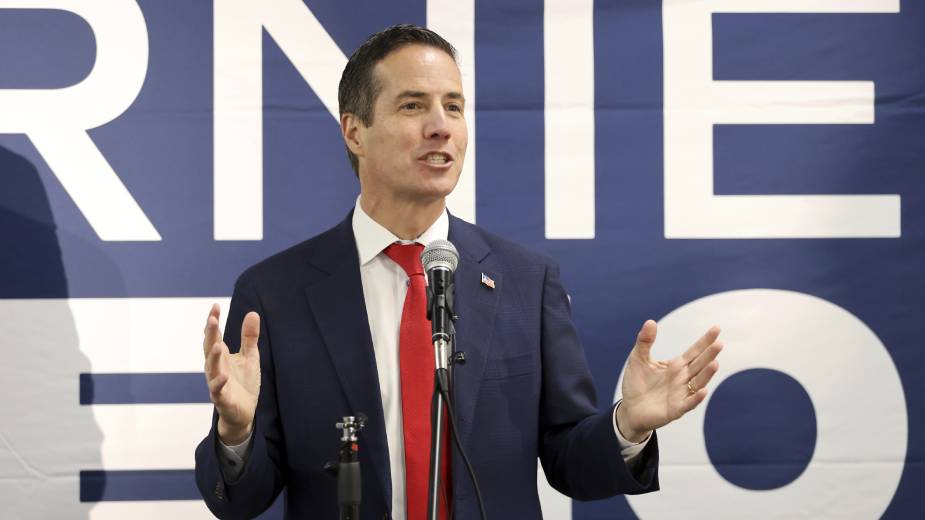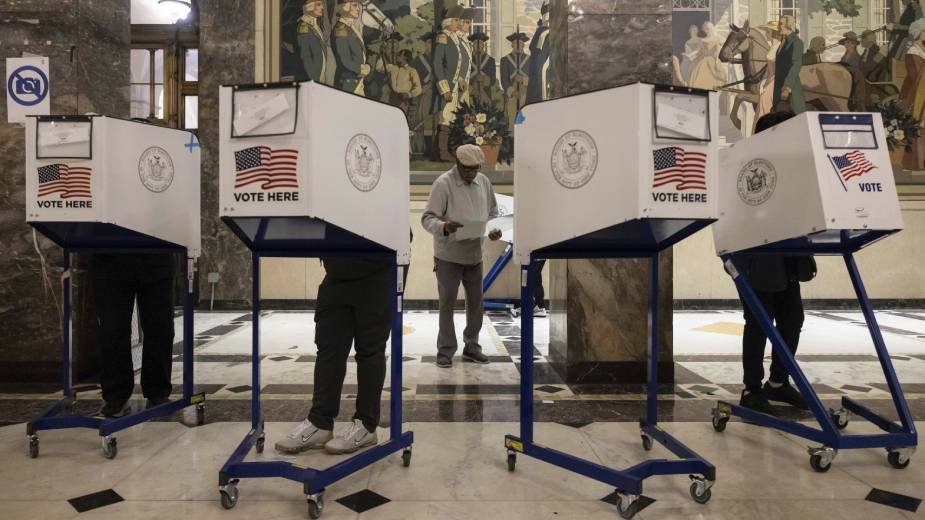Council to Consider Amphitheater Fund Change, Cleanup Contract
YOUNGSTOWN, Ohio – City Council will take up legislation Wednesday to separate water, wastewater and environmental sanitation funds from the account it established in 2016 to pay for the amphitheater and riverfront park project.
Additionally, at the special meeting, members also will vote on whether to approve an expansion of its cleanup contract with Community Corrections Association Inc., to eliminate term limits for city council seats and the president of council post, and to again put a charter amendment to ban oil and gas extraction-related activities before city voters.
The ordinance to separate the water, wastewater and environmental sanitation funds is in response to an advisory from the office of Ohio Auditor David Yost.
After the fund was created by City Council in December 2016, the city submitted the application to create the fund to the state auditor as required, said Kyle Miasek, deputy finance director. The office responded that it would not approve the creation of the fund with those three sources included.
The city water and wastewater funds can still be used for necessary site improvements related to those funds, but the money cannot be commingled with the other fund sources, Miasek said. “The money in those funds are enterprise funds. They need to be used for water and wastewater improvements,” he said.
The project will not involve environmental sanitation funds, and he said he was unsure why those were included in the original legislation.
The ordinance would reduce the size of the fund to $9 million from $12 million, coming from sponsorships, naming rights and state or federal loans or grants obtained for the project.
In November 2017, the Youngstown Foundation announced it was paying $3 million for the naming rights to the amphitheater for 20 years, and last year the U.S. Department of Housing and Urban Development approved a $4 million loan guarantee toward the project.
The city is pursing deals to secure the remaining $2 million, Miasek reported.
Council also will vote on an expanded contract with CCA for cleanup services. Under the ordinance before members Wednesday evening, the city would contract with CCA for $102,000 per year to provide two cleanup crews.
A central business district crew would focus on litter removal and beautification in the downtown area and on the city’s major corridors, and a citywide crew would address illegal dumping and litter removal services for the entire city.
The central business district crew would be funded by $55,000 from the water, wastewater and environmental funds. The $47,000 for the citywide crew would come from the litter control fund.
The city’s $50,000 annual contract to provide litter disposal services in the central business district expires at the end of the month, said David Stillwagon, CCA CEO.
The new agreement “will provide for an additional crew to expand those services to the entire city limits to do spot enforcement for litter and debris,” he said. City officials will determine areas of concern and communicate them to CCA, he said.
If approved by City Council, voters this fall would consider charter amendments to eliminate term limits on council member and the president of council. If approved by voters, council members now limited to two consecutive four-year terms, with the ability to seek election after an intervening term, would be eligible to run for a number of unlimited terms effective Jan. 1, 2019.
Voters also would vote separately on whether to eliminate the two-term limit for the president of council post. Council members who are ineligible to seek reelection next year under current law are Second Ward Councilman T.J. Rogers, Third Ward Councilman L. Nathaniel Pinkard and Fourth Ward Councilman Mike Ray.
The Youngstown Drinking Water Protection Bill of Rights, a version of which was voted down by city voters May 8, would again appear on the Nov. 6 general election ballot if City Council approves it Wednesday after backers submitted signatures to the city, which presented them to the Mahoning County Board of Elections.
Versions of the legislation, which would prohibit oil and gas drilling and related activities in the city, among other provisions, have been voted down seven times previously.
Copyright 2024 The Business Journal, Youngstown, Ohio.



